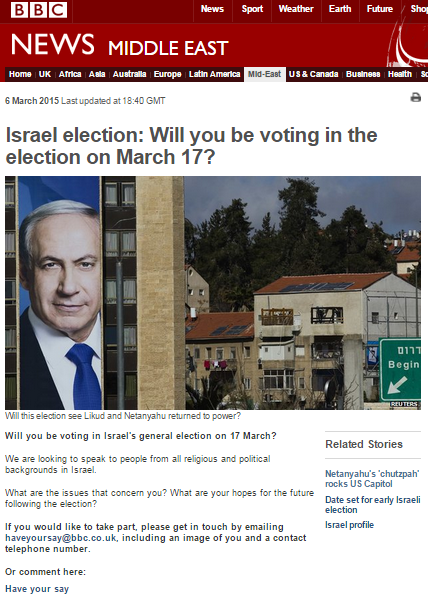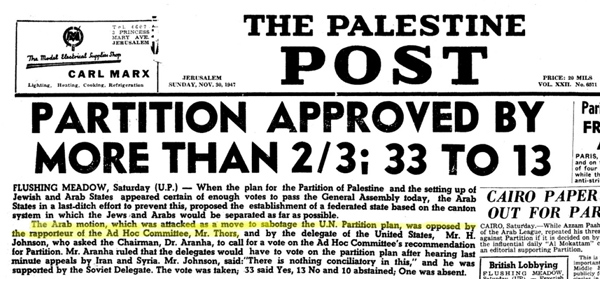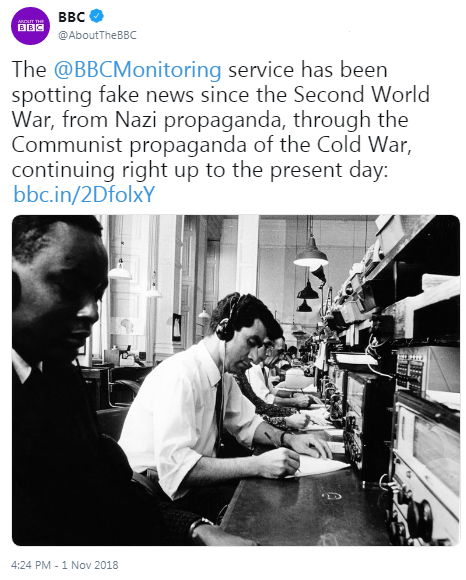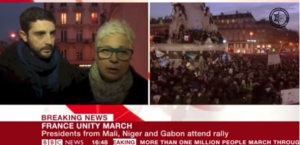After the last election in Israel in 2013 we discussed “why did the BBC get it so wrong?” on these pages.
“Collective perceptions of Israel and Israelis – perhaps coupled with over-confidence in their own expertise – meant that BBC reporters did not even try to find out which issues were important to the Israeli electorate: instead they produced material which supported their own preconceived ideas […]. In addition, a marked lack of understanding of the inapplicability of their own Eurocentric interpretations of terms such as Left and Right or “nationalist” to the Israeli political scene was very evident – especially in relation to the subject of traditional support from specific socio-economic groups for certain parties. […]
Most blatantly obvious is the fact that the BBC’s insistence upon framing this election almost exclusively in terms of the potential effect of its results on ‘the peace process’ reflects its own institutional attitude towards that subject, both in terms of its perceived importance and in terms of the curious notion that only what Israel does has any effect upon that process’ chances.”
To date – less than a week before the March 17th elections are to be held – BBC coverage of the topic has been relatively thin on the ground, although early reporting on the subject stuck to the old BBC format of ‘a swing to the right’ and inaccurate portrayal of the Palestinian-Israeli conflict as the main topic of this election.
Perhaps in an attempt to avoid recycling the mistakes of its disastrous 2013 coverage, the BBC News website’s Middle East page put out an appeal to Israeli voters on March 6th.
Six days later an article apparently based on the response to that appeal appeared in the ‘Features & Analysis’ section of the BBC News website’s Middle East page under the title “Israel election: Views from the voting booth“.
Whilst Israelis will have no problem understanding the various views put forward by the five voters profiled in that feature, given that the BBC has not provided its audiences with any information on how the Israeli electoral system works or which parties are contesting this election and what political stance each of the 26 competing lists represents, it is highly unlikely that audiences outside Israel will find much value in the article.
No less confusing is the BBC-added insert to the words of one of the contributors:
Once again we see that despite the very clear advice given in the corporation’s ‘style guide‘ – “It is properly referred to as the 1949 Armistice Line – the ceasefire line of 1949” – BBC journalists (in this case Richard Irvine-Brown) continue to have difficulty when it comes to providing its audiences with accurate representation of that very simple subject.






